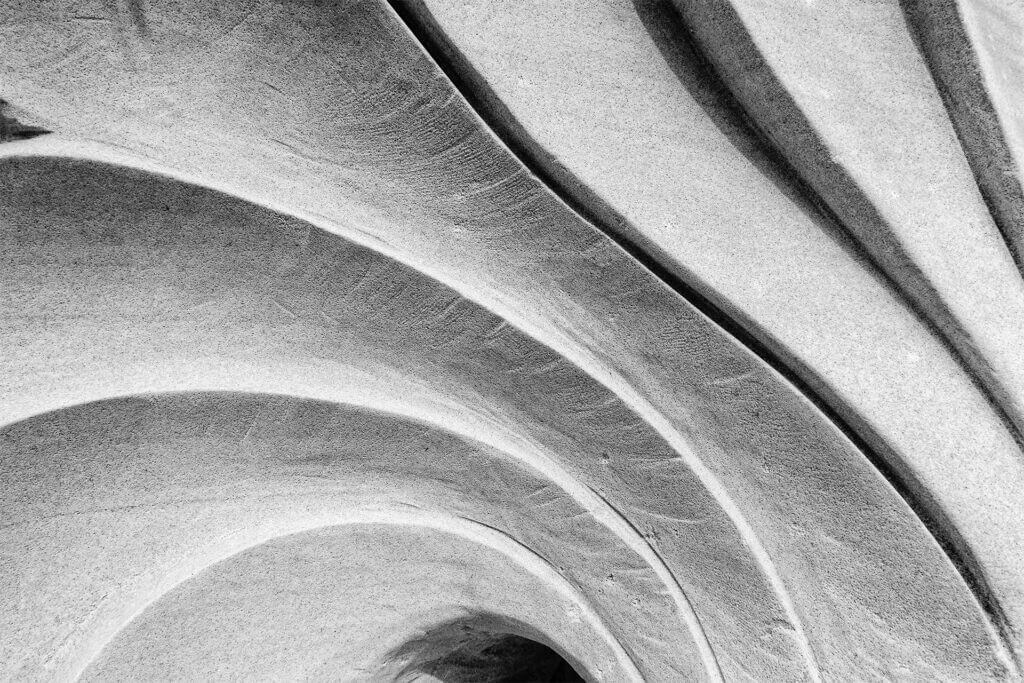Distributed Ledger Technology (DTL) such as a blockchain can be used to obtain alternative forms of financing. In that case, tokenization is often used as a means of facilitating financing through an Initial Coin Offering (ICO) or Security Token Offering (STO). The use of blockchain technology raises various questions under Dutch law. What are tokens? Are tokens money? If tokens are not money, are tokens considered goods? Does that mean that someone can own tokens or an entry on a blockchain? Can we speak of ownership? Crypto financing lawyer Dirk de Waard explains it all below.

Different types of tokens and their function
A token (or crypto-asset) is a digital representation of value or rights, owned or registered as such, that can be transferred and stored electronically, using DLT such as blockchain or similar technology. In the context of blockchain, different types of tokens exist, each with their own functions:
- asset token (or: security token): this token gives the issuer of the tokens a certain right, for example a right to ownership, a right to participate in profits, rights of control, membership rights or rights of action;
- electronic money token (or: e-money token): a token whose main purpose is to be used as a medium of exchange and which seeks to maintain a stable value by referring to the value of a fiduciary currency that is legal tender;
- native token (or: payment token): this token is a so-called cryptocurrency (a virtual currency) such as Bitcoin or Ethereum with a payment function; and
- utility token: this token gives the right to access, use or participate in decentralized applications or ecosystems in the blockchain. A utility token is not intended to have economic value, but only to make the blockchain function.
Native tokens: legally not a currency, yet still a means to pay with
Although cryptocurrencies such as Bitcoin or Ethereum are a generally accepted medium of exchange, such native tokens do not legally qualify as ‘money’ under Dutch law. The reason that cryptocurrency is not considered money is mainly that it is not common, meaning it’s not widely enough accepted as a means of payment (art. 6:112 BW). Moreover, cryptocurrencies do not fall under the broader definition of art. 1.1 Financial Supervision Act: after all, they were not obtained from a publisher in exchange for money, and they do not represent a claim on a publisher (there is not even an actual issuing body).
Parties are nevertheless free to agree that a payment is to be made with a specific payment token. From a legal point of view, this concerns an exchange, or an additional agreement to have a payment in money met by other means. Regardless of its legal qualification, a native token can thus serve as a means of payment in, for example, a Share Purchase Agreement (SPA).
Tokens are not considered goods
According to the current state of law, tokens and other registrations on a blockchain are not considered to be property rights or other goods. Although in practice this creates complications with regard to property-law forms of enforcement (seizure and execution), there are possibilities within legal restrictions. However, legal assistance from specialised lawyers is indispensable.
European regulations and potential changes in Dutch law with regard to the qualification of tokens
The European Commission presented a proposal for a Regulation on Markets in Crypto Assets (MiCA) in September 2020. The regulation was originally expected to enter into force in mid-2023. This is likely to be delayed until 2024, as an 18-month period is planned to allow for measures to be taken before the MiCA comes into effect.
The regulation targets certain categories of crypto-assets that are currently outside the scope of the existing regulation – including native tokens and utility tokens – and establishes a legal framework for crypto-asset service providers, as well as consumer protection. MiCA does not apply to security tokens that are classified as financial instruments within the meaning of MiFID. The qualification of native tokens and utility tokens in MiCA does not differ from the current qualification of relevant categories of crypto-assets.
Curious about the possibilities of tokens for your company? Contact VIOTTA
We’re happy to discuss with you how tokens can be used in your company. For more information, please contact Dirk de Waard.










